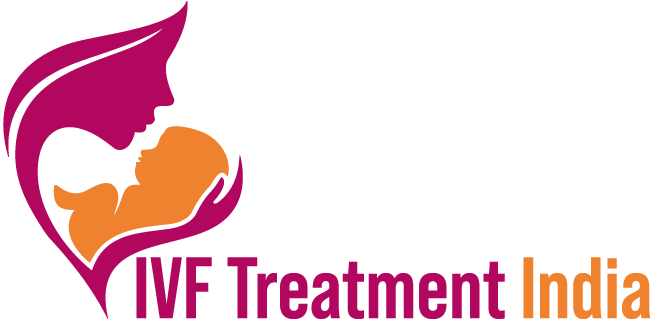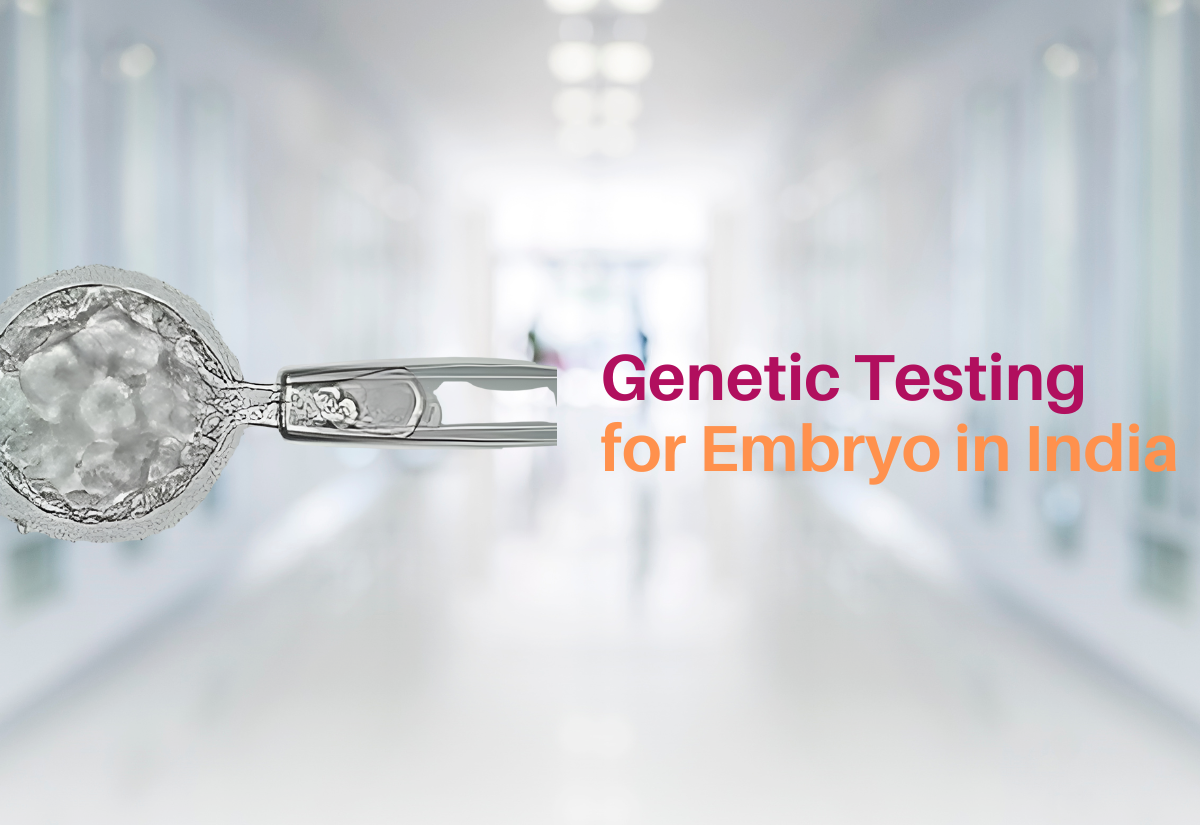Genetic Testing for Embryo in India – A Smarter Path to Successful IVF
Genetic Testing for Embryo in India has become an essential step for couples undergoing fertility treatments, especially those who want to increase their chances of having a healthy baby. As advanced reproductive technologies continue to evolve, preimplantation genetic testing (PGT) is now widely used in India to screen embryos before transfer, ensuring that only the healthiest ones are selected for implantation. This cutting-edge approach not only improves pregnancy success rates but also reduces the risk of genetic disorders being passed on to the next generation.
What is Genetic Testing for Embryo?
Genetic testing, also known as Preimplantation Genetic Testing (PGT), is performed during an IVF cycle. After fertilization, embryos are grown in a laboratory for a few days until they reach the blastocyst stage. At this point, a few cells are gently removed from the embryo and analyzed for chromosomal abnormalities or specific genetic conditions.
The embryo remains safe in the lab while results are processed. Based on the findings, fertility specialists can select the best embryo for transfer, thereby maximizing the chances of a healthy pregnancy.
Why Genetic Testing is Important in IVF
Traditional IVF offers good success rates, but genetic testing makes the process even more reliable. This is particularly helpful for:
- Couples with a history of recurrent miscarriages
- Women over the age of 35 with declining egg quality
- Couples with a family history of genetic diseases
- Men with severe male infertility issues
- Patients who have had multiple failed IVF attempts
By identifying chromosomally normal embryos, PGT reduces the chances of failed implantation and increases the likelihood of delivering a healthy baby.
Types of Genetic Testing for Embryos
- PGT-A (Preimplantation Genetic Testing for Aneuploidy): Screens for chromosomal abnormalities like Down syndrome or Turner syndrome.
- PGT-M (Monogenic): Detects single-gene disorders such as cystic fibrosis or thalassemia.
- PGT-SR (Structural Rearrangements): Identifies chromosomal translocations or inversions.
These tests allow couples to make informed decisions, improving both emotional confidence and medical outcomes.
Benefits of Genetic Testing for Embryo in India
Choosing genetic testing as part of your IVF journey offers multiple advantages:
- Higher IVF success rates through healthier embryo selection
- Reduced miscarriage risk by avoiding chromosomally abnormal embryos
- Detection of hereditary diseases before pregnancy
- Greater peace of mind for couples at risk of genetic conditions
- Cost-effectiveness in India, compared to Western countries
Why Choose India for Embryo Genetic Testing?
India has rapidly become a global hub for IVF and genetic testing due to:
- Internationally trained fertility specialists
- State-of-the-art IVF laboratories with advanced technology
- Affordable treatment packages for local and international patients
- High accuracy genetic testing with faster turnaround times
- Comprehensive patient support including counseling and post-test guidance
At IVF Treatment India, we connect patients with the best IVF centers in India that specialize in genetic testing, ensuring both transparency and success.
Conclusion
Genetic Testing for Embryo in India offers couples a smarter, safer, and more reliable path to parenthood. By ensuring that only the healthiest embryos are transferred, PGT increases IVF success rates, minimizes emotional stress, and provides confidence in achieving a healthy pregnancy.
If you are planning IVF treatment, consider including genetic testing in your fertility journey. With IVF Treatment India, you will have access to world-class doctors, advanced technology, and compassionate care, all at an affordable cost.
Frequently Asked Questions (FAQs)
1. Is embryo genetic testing safe?
Yes, it is a safe procedure with minimal risk to the embryo.
2. Does genetic testing guarantee pregnancy?
It does not guarantee pregnancy but significantly improves success rates.
3. Can genetic testing prevent inherited diseases?
Yes, PGT can detect genetic conditions and prevent them from being passed on.
4. Who should consider genetic testing in IVF?
Couples with repeated IVF failures, advanced maternal age, or a family history of genetic disorders.
5. How long do results take in India?
Most results are available within 7–10 days.
Read More: Micro Tese Success Rate in India

